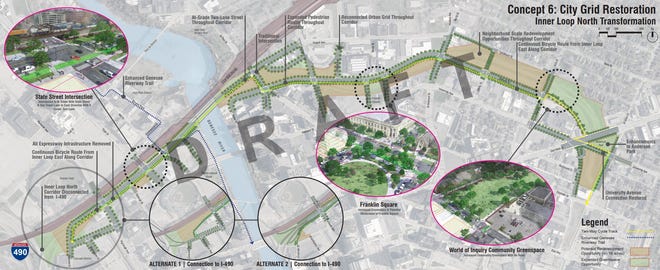- Home
- About Us
- Our Communities
- Bartlett Gardens
- Beechwood Family Apartments
- Centerville Court
- Charlotte Square at the East End
- Charlotte Square on the Loop
- Clinton Avenue Apartments
- Clinton Avenue Apartments II
- College Greene
- Commercial Properties
- Eastgate Apartments
- East Lake Commons
- Eastman Gardens
- Elmer Gardens
- Farmington Gardens
- Farmington on the Creek
- Flower City Apartments
- Frederick Douglass
- The Gardens
- The Gardens at Penfield Square
- The Gardens at St. Anthony's
- The Gardens at Town Center
- Glenwood Gardens
- Harper's Corner
- Heritage Gardens
- Huntington Apartments
- Holley Gardens
- Keuka Gardens
- Kibler Senior Apartments
- Liberty Square
- Lincoln Gardens
- Muldoon Gardens
- Oak Creek Townhomes
- Ogden Gardens
- Owego Gardens
- Renaissance Square
- Tailor Square
- Thurston Road Apartments
- Union House Apartments
- Union Square
- Voters Block
- Warfield Square
- Solar Farm
- Sunlight Lane
- Development
- Management
- Contact Us
Malorie Lebeau 02/18/2022
Gov. Kathy Hochul's housing vision is what Rochester deserves | Opinion
Christopher Widelo
Special to the USA TODAY Network
With 55% of Rochester residents spending more than 30% of their income on rent and 800 people experiencing homelessness on any given night in Monroe County, the Flower City is experiencing a housing crisis that is deeply rooted in a shortage of affordable housing.
Residents need tangible, effective solutions to quickly curb this burgeoning housing crisis.
Gov. Kathy Hochul is proving up to the task. In her executive budget proposal, she outlined a robust housing vision that could make a material difference not only for Rochester but for communities across the state. The innovative solutions underpinned by her multi-year housing plan would result in 100,000 new or preserved affordable homes over the next five years.
Now it’s time to make that vision a reality.
Rochester has numerous examples of the widespread benefits affordable housing construction can bring to an entire community. The 2015 Finger Lakes Forward Initiative features a complete reimagination of the Inner Loop and will transform an underused area into a new, vibrant, and affordable neighborhood. When complete, this project will include 530 housing units for every income level, a hotel and retail space, and an expansion of the National Museum of Play at the The Strong.
In short, it is transforming downtown Rochester for the better.

Meanwhile, in the central part of the city, the Union Square Apartments opened last summer, equipped with 72 affordable homes for the LGBTQ+ community and others experiencing homelessness, including 21 units with onsite supportive services for individuals living with HIV or who are 55 and older and require daily living assistance.
The summer before that, Charlotte Square on the Loop opened to provide 50 affordable apartments for households earning at or below 60 percent of the area median income. L2P Westside is a development still under construction and will consist of 41 single-family affordable housing in downtown Rochester.
The impact of these projects is far-reaching. A New York State Association for Affordable Housing study found that every 100 new units of affordable housing generates $26 million in economic spending during construction and $10 million after construction is complete, with hundreds of jobs created in the process.
None of this would be possible without the dedicated long-term commitment outlined in the state’s previous five-year housing plan. Continuation of this positive forward momentum is now at stake in the current legislative session.
Hochul’s five-year housing plan will continue to transform Rochester and other communities statewide. Her proposal dedicates $5 billion in capital annually for five years, providing the affordable housing industry with the predictability it needs for long-term investments and planning.
Better yet, her plan ensures that those new homes will not be just affordable, but also high quality. It would electrify 50,000 affordable homes and a make a million electrification-ready, which will help the state advance its ambitious sustainability goals to combat climate change. And the governor’s ConnectALL initiative will help close New York’s digital divide by dedicating $1 billion specifically to close the broadband gap in affordable housing.
Making New York more affordable and hospitable for all residents starts with strong leadership. That is exactly what Hochul has demonstrated in recent weeks as she works to implement her vision of a “better, fairer, and more inclusive” state. The Legislature now needs to pick up the baton and make that happen.
As the governor has correctly noted, as a result of an influx of post-pandemic relief and infrastructure aid, the state has a “once-in-a-generation opportunity” to significantly improve the lives of New Yorkers — from Rochester to Randall’s Island — for generations to come. That is no less than Rochester residents, and New Yorkers everywhere, deserve.
Christopher Widelo is the director of external affairs for the New York State Association for Affordable Housing.


